KC Confectionery, leading the way on SDGs
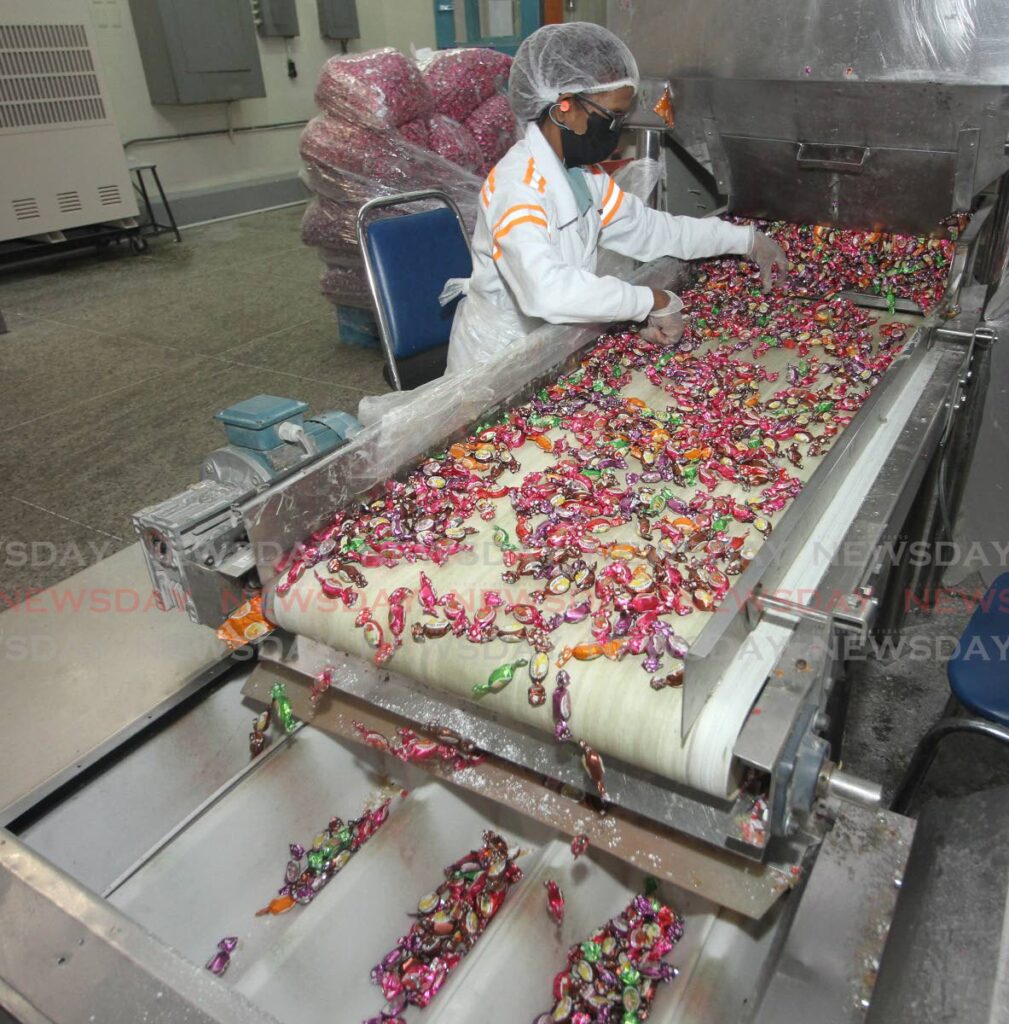
In one way or another, the 17 Sustainable Development Goals (SDGs) were always topics of concern and consideration for many organisations. But it wasn't until September 2015 that these issues and others were compiled at the UN Summit in New York. Ending world hunger and poverty; ensuring that the world practises good health and well-being, creating a framework for net-zero emissions; reducing inequalities and creating affordable and clean energy to meet the demands of the world; and providing decent work and encouraging economic growth, among other key issues were finally given a deadline, as signatories promised to do their part.
Since then organisations, businesses and governments have been trying to do what they can to ensure that these goals are achieved by 2030.
KC Confectionery is among those doing its part. So much so that its chief executive officer, Satnarine Bachew was featured as a speaker at the Institute of Chartered Accountants of TT (ICATT) conference, at the Hyatt Regency in Port of Spain last week, addressing the best practices that must be followed to achieving these goals.
The SDGs would have to become part of the culture of countries, and in Trinidad and Tobago, Bachew told Business Day, this meant everyone must take the matter seriously.
Sweet sustainability – the KC approach
KC Confectionery celebrates its 100th anniversary this year, having first opened its doors as a cottage industry in 1922. The company developed into a factory by 1957 and moved on to full automation in the early 1990s.
This year, it recieved the Internationally Known, T&T Owned Company of the Year award from the TT Chamber of Industry and Commerce.
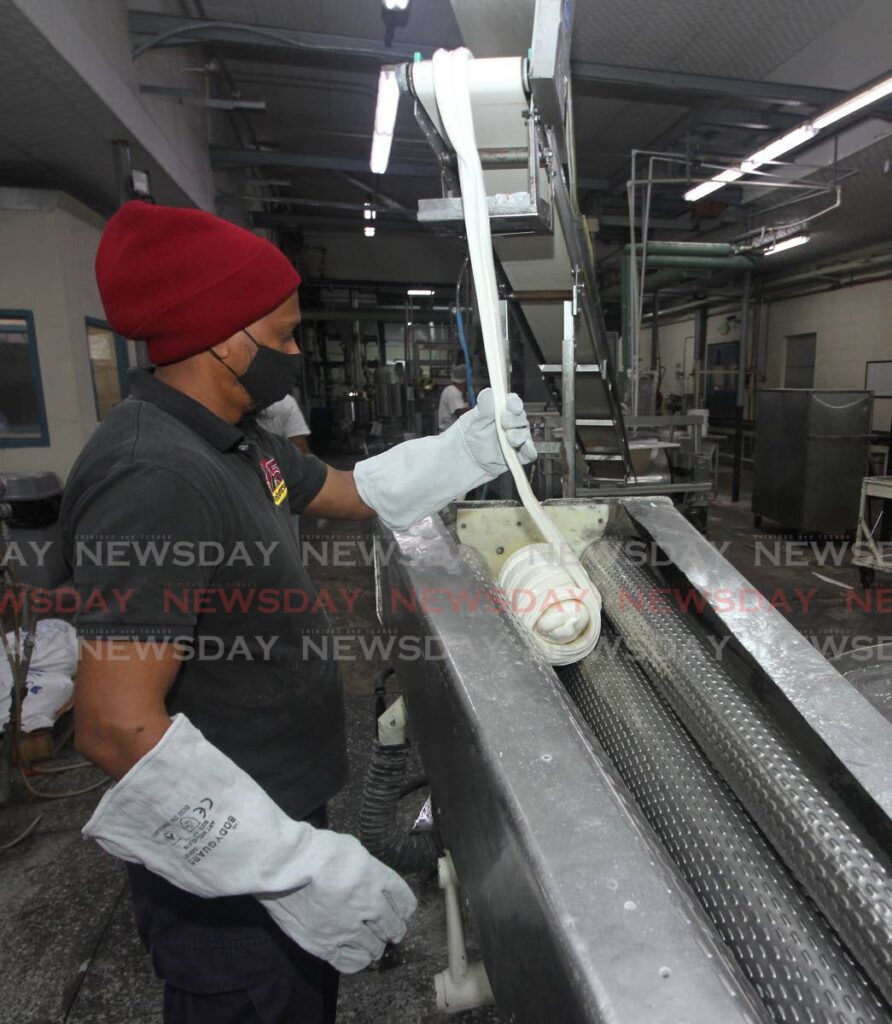
Bachew holds a bachelor’s and a master’s degree as well as an executive master’s in business administration, has served as chairman of the Airports Authority, and sat as a director of the board of the TT Manufacturers Association. He also served at the TCL Group for 20 years, with 10 years as general manager.
Speaking at the ICATT conference last Thursday, Bachew highlighted the approach KC took in ensuring that its business was a sustainable one.
“I think that one of our greatest strengths is connecting with our customers. We really did a good job with that,” he said.
He noted that KC now exports to 21 countries and 81 per cent of its revenue comes from foreign markets.
Speaking to Business Day, he said KC is also conscious of the impact of its products on customers owing to its high sugar content.
He said in order to give people healthier options, KC produces a sugar-free line, which caters to diabetics. He added that all products contain glucose which is not as complex as sugar.
He said all KC products are also well labelled to so people can know what their contents are.
“Each customer needs to know themselves,” he said. “People are very health conscious and looking at everything. So they look at the labels on energy bars, food, cereal etc. The nutritional facts are some of the things that we put out there for every customer. We try to cater for every customer – for kids, those who have medical conditions, those who are looking at their diet and who are looking for high energy.”
“It's about differentiating products for your different customers. It is not one cap fits all.”
At the conference, he said that it was powerful to know that so many people are conscious about what they like and what their taste palates are. For example, people in Guyana like spicy and tangy products, and in Suriname, people like sweet products. In TT, he told Business Day there is a mix of palates which is as diverse as its peoples.
“Even colour – wrapping and packaging – there are certain colours, you go to Jamaica, it is red green and gold. If you put blue they say “No, no, no. We don’t want no blue. Take blue to Barbados.”
The company also ensures that it lives up to its corporate social responsibility through the Kids In Need Foundation, a non-profit organisation formed in August, and recycles cardboard boxes and plastic with Lezama Recycling Company, a partnership formed in 2014. In 2020 another collaboration started with New Age Recycling to recycle cardboard boxes only.
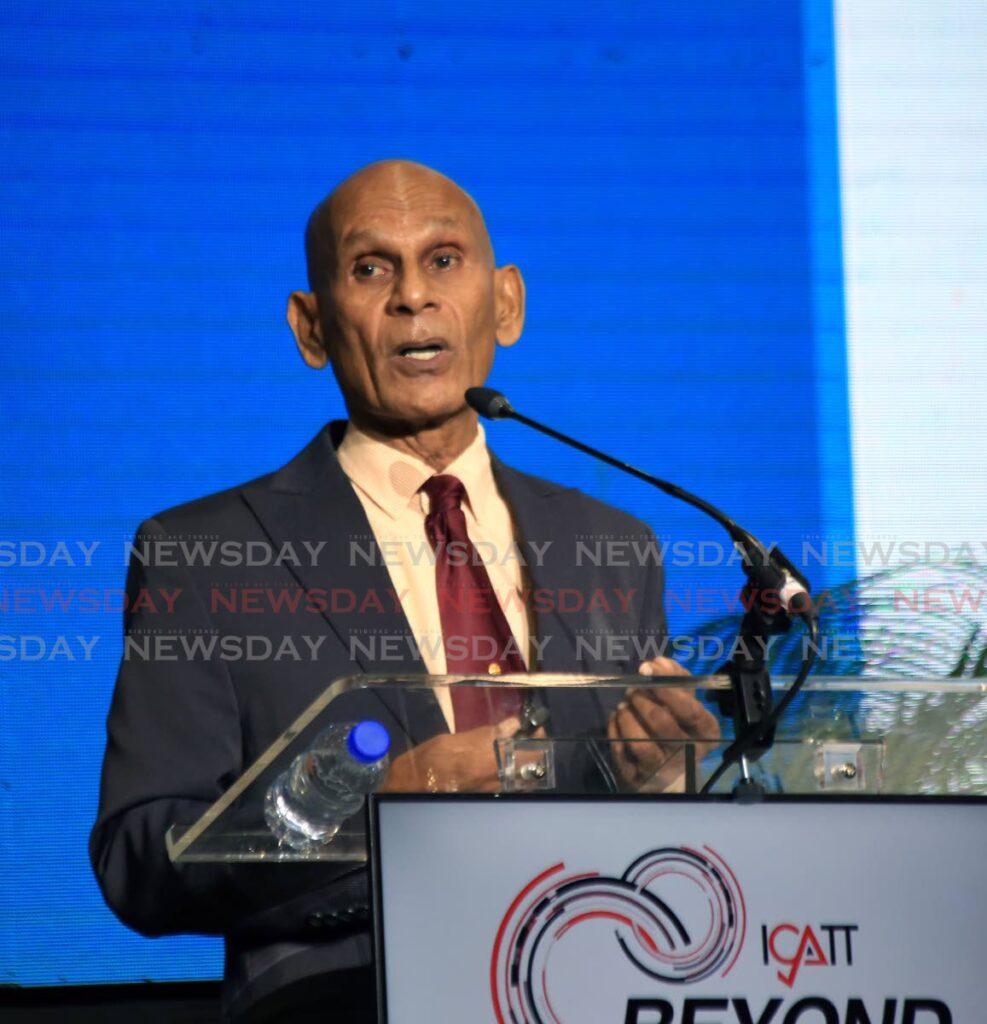
Bachew said while more businesses, organisations and people are becoming more conscious of the SDGs, its benefits and the consequences of not achieving them, there is still a need for a broader conversation on how to establish a framework that would help the country achieve them.
“Sometimes the conversation picks up because something comes hot off the press, but then we talk about it and then we drop it,” he said. “But this is a conversation that needs to be ongoing. If we are really serious about this we need to get as many people on board as possible.”
A culture of sustainability
Bachew said in light of the fact that there is no centralised policy and plan for meeting these goals, businesses have a responsibility to drive these issues home to the average man, as a means of institutionalising a culture of sustainability.
He said while several major companies are rising to the task and have a strong corporate social responsibility, smaller companies, those that may fly under the radar of investors, are not, especially in TT.
“The problem is the consciousness is not there. We don’t care,” Bachew told Business Day. “We don’t pay attention to detail, people’s safety, and these kinds of things. The general attitude is, you as a contractor do what you want to get my job done.”
He said there must be a duty of care in businesses to ensure the health and safety of employees, the proper treatment of customers and the environment. He said when you subcontract to someone, you are not exempt from responsibility or liability if anything goes wrong.
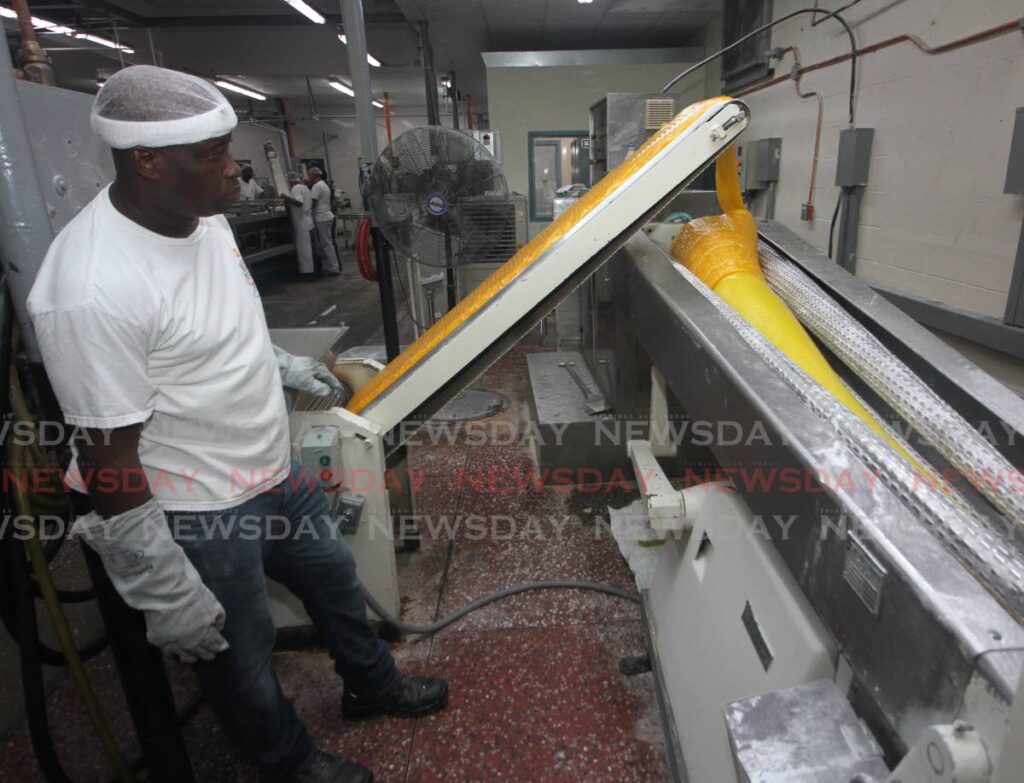
“If you go to a small construction site, you would still see guys without a PPE, men walking barefoot up on height without a harness and all these things. If we had enforced regulations in place, and people knew that somebody could just stop in on a construction site, no matter how small or big it is, and do a cursory inspection, and there's an implication that if people are found without PPE there might be tighter controls. If I employ you, I have the right to tell you those guys without proper shoes on my site, they must have proper shoes.”
There are several bodies that regulate the behaviours of businesses that are guiding them in the right direction. The EMA, for example works to ensuring that many business practices were environmentally sound. Unions have dealt with employee relationships and for those companies that are not unionised, the Ministry of Labour comes in to ensure that working conditions are fair and humane.
The factory inspectorate deals with accidents in the workplace and the OSH
Act is very effective in keeping work safety regulations. However, Bachew said there is still not enough.

“The EMA has to start forcing companies to start working toward the SDGs. The OSH Act is very strong and powerful but the enforcement is still lacking and not prevalent enough in smaller companies.”
He added that there was no central depository of guidelines to assist businesses with achieving SDGs. He noted that while many bigger companies would be compliant it is usually because they wish to seek investment.
He said for a culture of sustainability to be developed people must understand the implications and value of achieving the SDGs. He said if businesses made the time to explain to people the ramifications of not achieving these goals, he felt sure most would want to do their part.
“Do people really understand what can happen to our planet if we continue with this level of global warming? People are seeing it now; for example, I have not seen such a wet rainy season in a long time. Now we have to link that to people and say do you know what is causing that? Global warming.”
“People may follow the guidelines at work because there are rules and if you don’t follow you will get fired, and when you go home you say to hell with it, I am the boss in my house and I could do what I want. But if you tell them the implications – you take time to explain so that people could connect the dots, that stands a better chance of a person responding in a positive way.”
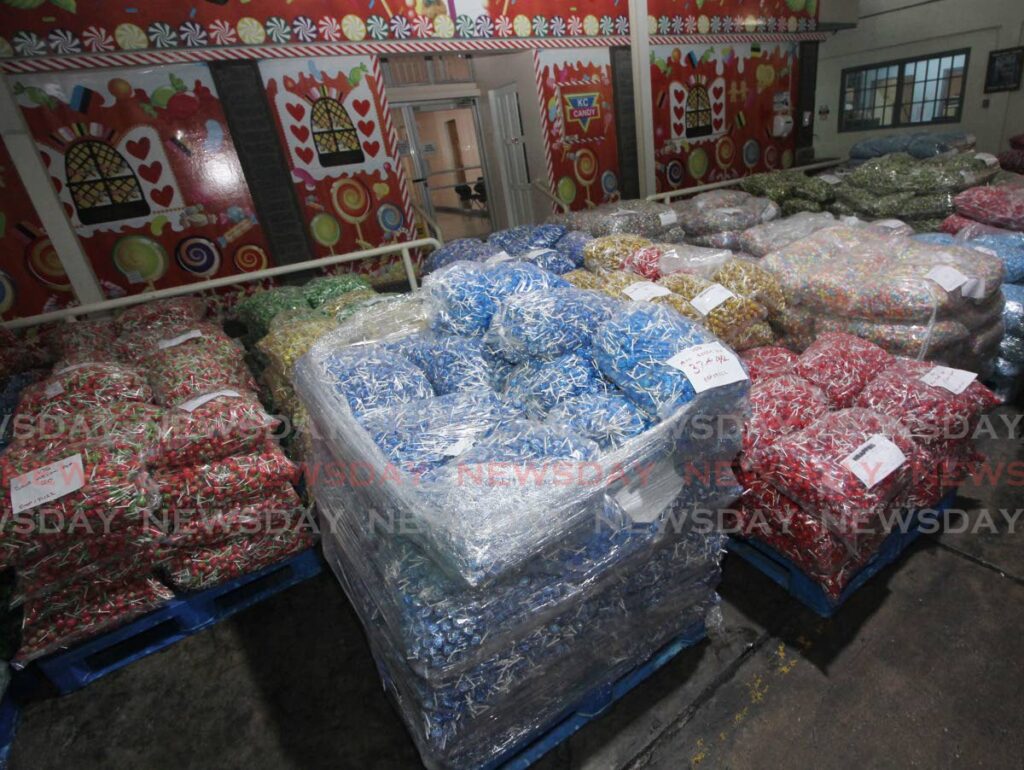
He added that influence from the younger generations could also sway people into adopting SDGs.
“Kids pull up their parents,” he said.
“You have to start somewhere. We have to develop strategies. We know what the goals are and the objectives are, so we have to work backwards from that and say, what can work and how can we make it work?”

Comments
"KC Confectionery, leading the way on SDGs"